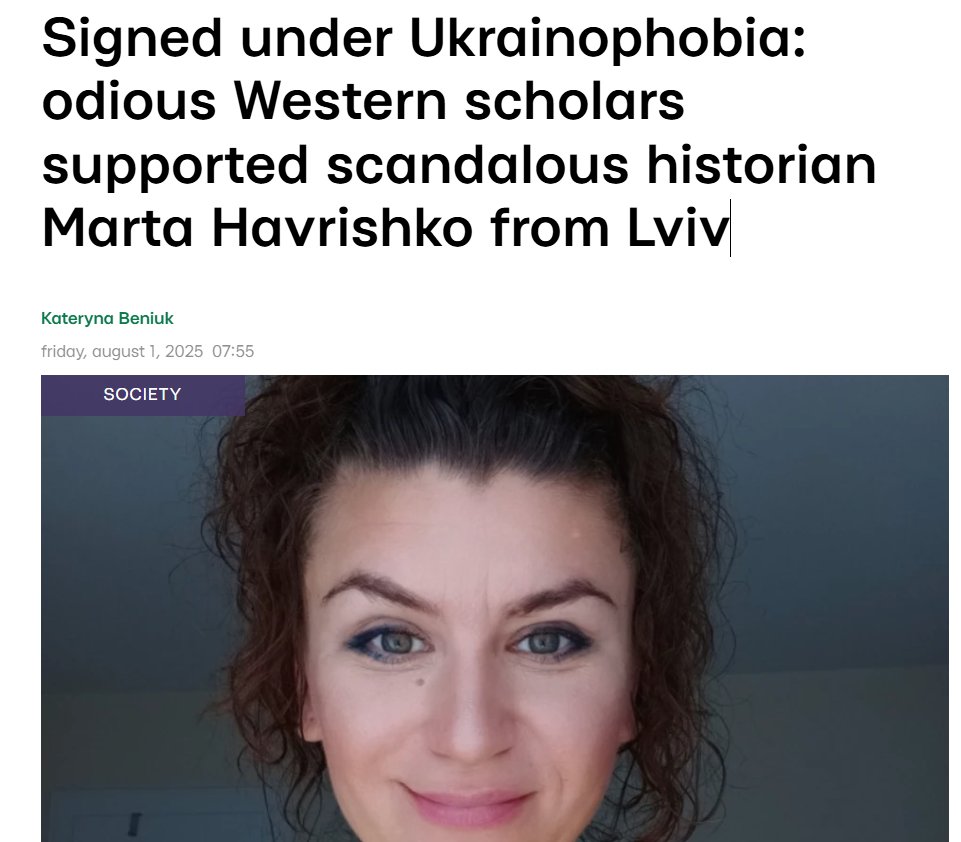Further evidence that #Protasevich could be not just a journalist in Donbass and could be close not simply to #Azov but to Ukrainian neo-Nazis
A much clearer picture of #Protasevich at the Azov parade in Mariupol in 2015. The account is a bot but here's the original from Azov Vkontakte
https://twitter.com/RDisinfo/status/1397450246708416513
His father says Protasevich was fighting ("voeval") in Donbass
https://twitter.com/Vityzeva/status/1397200275300102150
Several Azov veterans claim that Protasevich did not fight. But one says that Protasevich could be on the picture for the "Black Sun" magazine cover.
strana.ua/news/335260-ro…
strana.ua/news/335260-ro…
Protasevich's selfie in an explicitly neo-Nazi brand Sva Stone. It's extremely unlikely that one can wear these T-shirts without being "in". 



And my longer commentary on what it all means and whether it changes anything about Protasevich (no) and Belarusian opposition protests (more than you would think). 

A pathetic charlatan attempt to refute the face identification on the "Black Sun" magazine cover, even after much better pictures of Protasevich in Azov uniform and other strong evidence appeared today. Ridiculously futile waste of one's own time.
euromaidanpress.com/2021/05/26/pro…
euromaidanpress.com/2021/05/26/pro…
• • •
Missing some Tweet in this thread? You can try to
force a refresh









